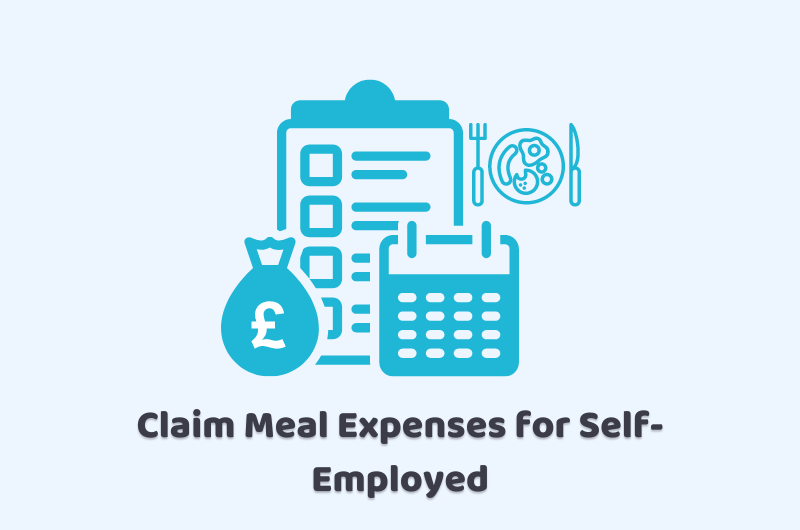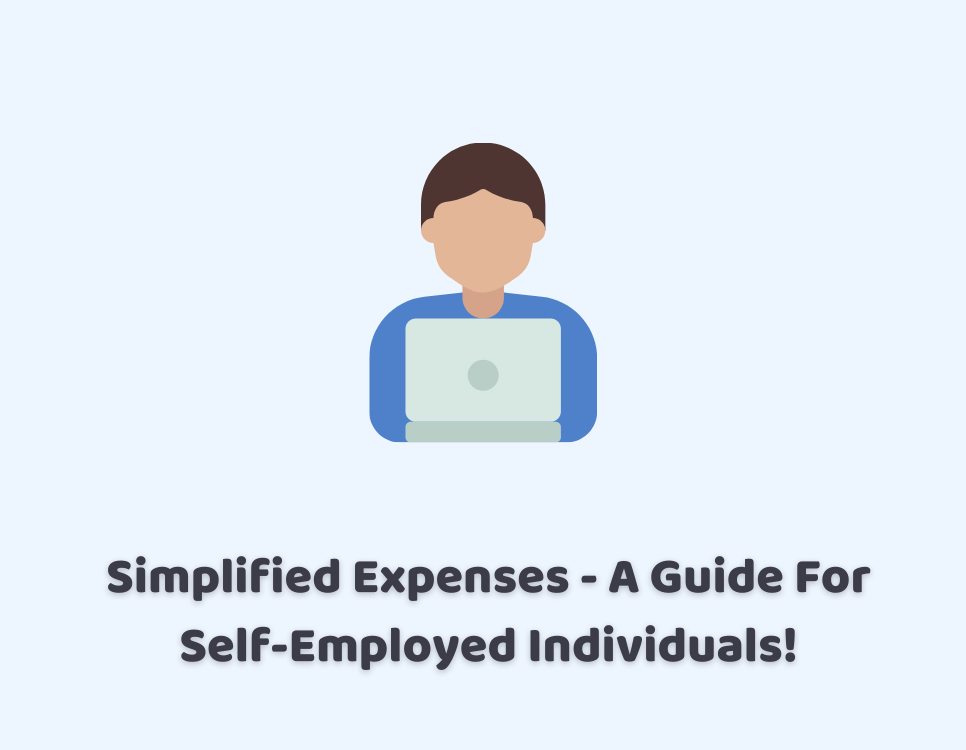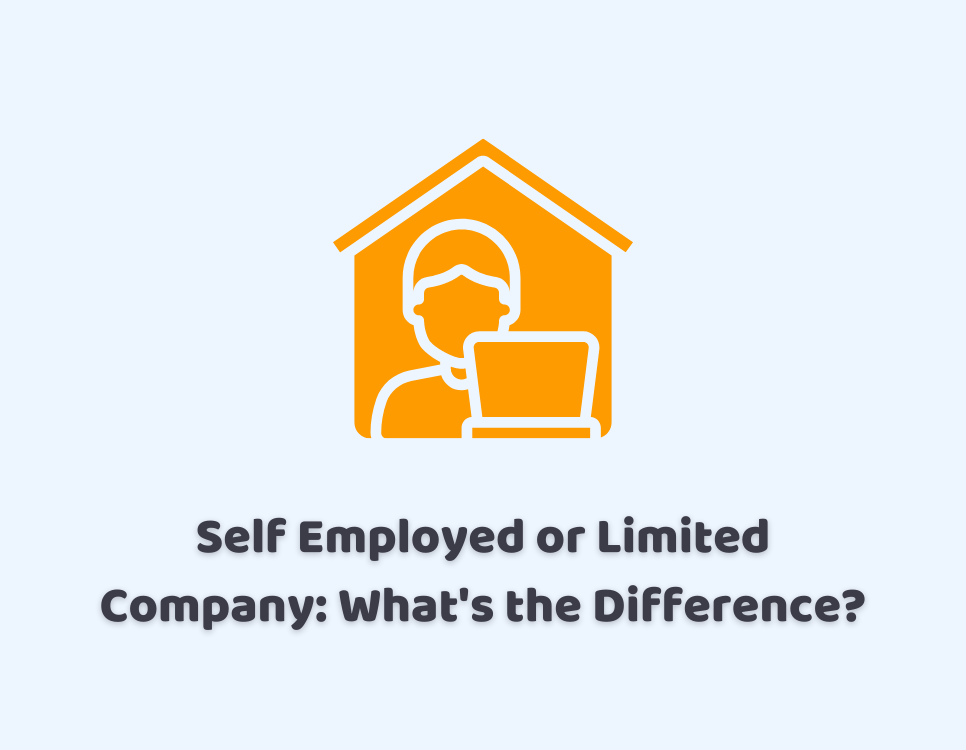
25/01/2023tax , Tax Saving Tips , Taxation , VAT
It sounds like a dream when you are working in the UK as a self-employed individual that someone else will pay for the food you consume in your day-to-day work life. The good news is you can actually consume this food and get the money back, sounds great? Many of you as beginners must be wondering how is that possible. Well yes, this is right and legally doable too. When you are in the role of being a self-employed individual, you are in a good position to claim the business expenses you had for the purpose of your business. The food allowance for self-employed is the way to help you out in this regard. If you go back in years, there was no such option that can allow you to claim the expenses of food consumption while you are on a business trip. However, the times have actually changed now.
As mentioned earlier, in previous years it was only allowed to get the overnight stay expenses incurred on food and stay for a business trip. However, according to HMRC now you can claim the business expenses that are purely related to the processor trade. This brings in the liability to follow the set of rules regarding this as well. These sets of rules can vary for the case of a limited company and for sole traders. Since food is a basic necessity to go on with business activities, the rules are a bit complicated to explain as well. However, in most cases when you are on a business trip, you will end up buying food and drinks to carry on the activities. This can be claimed back now. This guide will provide further information about how to organise your business expenses as a self-employed individual, what is food allowance, how can you claim back food expenses, and what is the scenario of food allowance when you are on a business trip?
Reach out to one of our professionals to get to know about the food allowance for self-employed for your interest in the UK. Get in touch and you will be provided instant professional help!
How to Organise Your Expenses as a Self-Employed Individual in the UK?
Many self-employed individuals are aware of the fact that they are under the obligation of declaring their income to HMRC and also have to deal with tax payments. In this regards the role of tax returns is very important to mention here. Dealing with business expenses and tax returns will become easier when you manage to learn the art of getting organised for this particular purpose. Organising the record and tracking of expenses is as important as carrying out your business activities. A constant record and track of the business expenses and what you have earned in the period of a month will save you from many confusions and errors. Now all you have to deal with is paying tax on the profits earned during a certain duration and your overall income will note affected in the future.
What is the Food Allowance for Self-Employed Individuals?
As per the HMRC instructions after the food policy has been reviewed, the cost of food and drinks can now be claimed. This is applicable to taxi and cab drivers. In some situations when you are on a business journey but plan to stay over at a friend’s place, you can claim the expenses spent on food and drinks even then. This set of rules becomes a little complicated sometimes. This brings confusion because you will have to prove that the food expenses are purely related to the business purpose.
How Much Can I Claim for Being Self-Employed?
It is obligatory that the food you buy on a business trip comes under the category of reasonable food consumption and not fancy. However, there is confusion about the reasonable food definition. This is because HMRC has not defined it in a very clear way. What you can do is be considerate about buying something to eat that is sensible enough to justify and does not come under the category of fancy food. This will help to provide solid pieces of evidence and make a successful claim.
What is the Scenario of Food Allowance During a Business Trip?
When you are a self-employed individual who is away from home and staying overnight for business purposes, you are allowed according to the rules of HMRC that you can claim this amount sent on food and get it back. However, here are a few conditions to meet in this regard, this will make you in a good enough position to be eligible for the claim and do the process successfully. The condition that you will have to consider before planning to claim the expenses on food are listed below:
- The place you are travelling to is not a regular travelling place of your work routine for the purpose of business.
- The expenses that you are trying to claim are related to the only food consumption and drinks that are done during the business trip.
- You will have to stay overnight for the business meeting that is away from your regular routine and workplace.
The Bottom Line
Now that you have gathered a fair amount of information about food allowance for self-employed, we can bring the discussion towards wrapping up. We all wish to claim the expenses of a business trip, whether it is for food and drinks or an overnight stay away from home. However, you will have to be considerate about the criteria and requirements to be successful in claiming your expenses. You should be keeping the evidence intact as well.
Get in touch with our young, clever, and tech-driven professionals if you want to choose the best guide for food allowance for self-employed in the UK for your interest.
Disclaimer: The information about the food allowance for self-employed provided in this blog includes text and graphics of general nature. It does not intend to disregard any of the professional advice.



